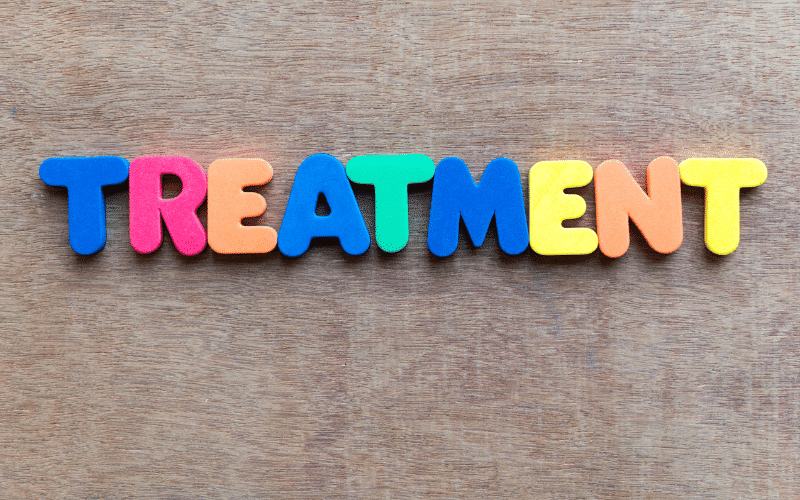Difference 6. Treatment: Tailored Approaches for Colitis and Ulcerative Colitis

Colitis: Targeting the Underlying Cause
Treatment for colitis depends on the specific cause and severity of the inflammation. For example, if an infection is causing colitis, antibiotics or antiviral medications may be prescribed. In cases of ischemic colitis, treatment may focus on improving blood flow to the colon or addressing underlying vascular issues.
In addition to addressing the underlying cause, treatment for colitis often includes symptom management, such as pain relievers, antidiarrheal medications, and fluid replacement to prevent dehydration.
Ulcerative Colitis: Managing Inflammation and Symptoms
The primary goal of ulcerative colitis treatment is to manage inflammation, control symptoms, and maintain periods of remission. Treatment options include:
• Anti-inflammatory medications, such as aminosalicylates and corticosteroids, to reduce inflammation in the colon.
• Immunosuppressive medications, such as azathioprine and methotrexate, to regulate the immune system’s response and prevent further damage to the colon.
• Biologic therapies, such as infliximab and adalimumab, which target specific proteins involved in the inflammatory process.
In severe cases or when medications are not effective, surgery may be considered to remove the affected portion of the colon or the entire colon (colectomy). (6)